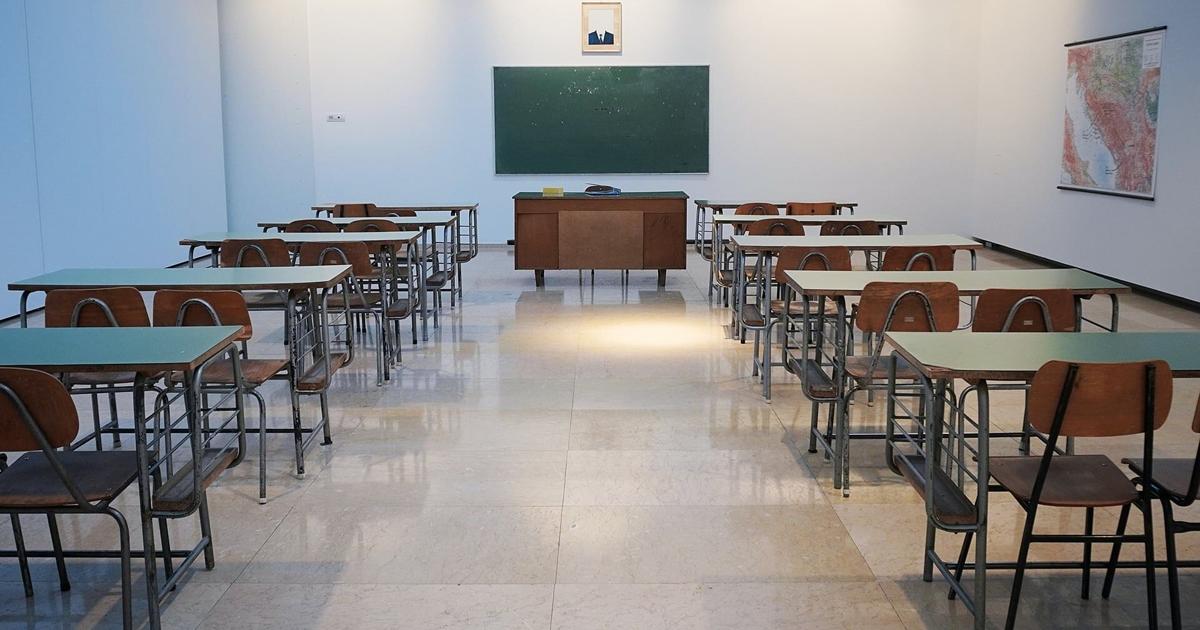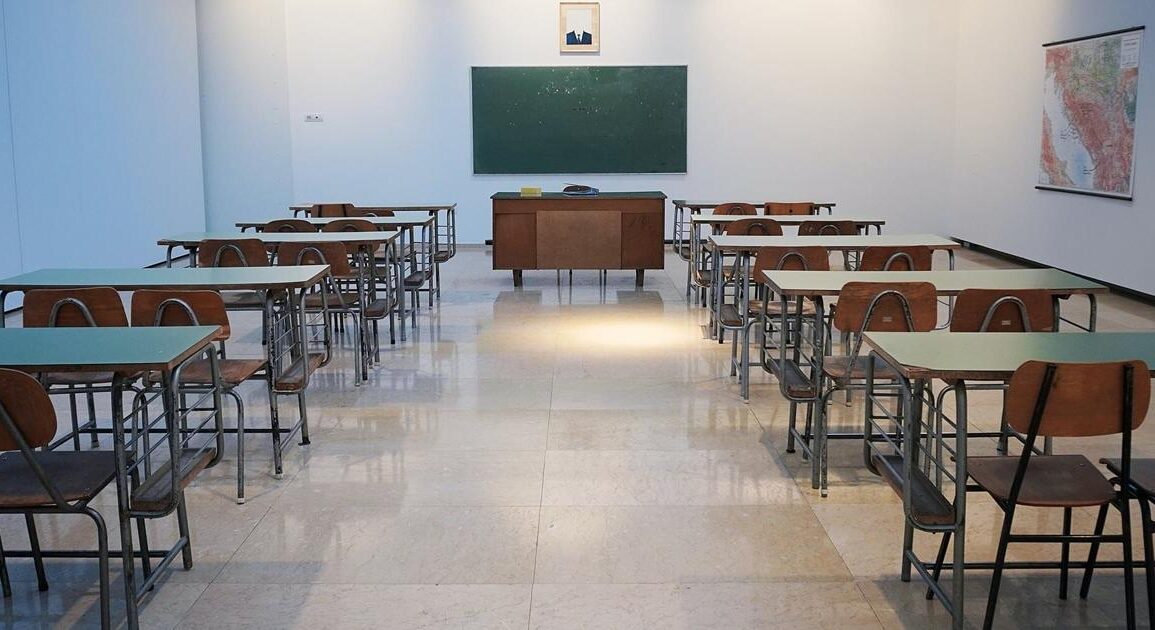
About 44% of criminals released in the United States return to prison within the first year after their release. It’s all part of a pattern: Their lives often reveal a series of bad decisions influenced by their environment, including disrespect and disregard of laws.
While they wait out their time in prison, they are making no progress in changing destructive behavioral patterns. Many argue that simply locking individuals up only delays their next crime.
Most incarcerated people have yet to earn any higher education degree. But time and experience have shown that education programs have proven to be the best at reducing recidivism, the rate at which people are reincarcerated. After all, acquiring knowledge builds confidence and emotional maturity, no matter the individual’s background.
According to research done by Northwestern University, vocational training cut the recidivism rate to 30%. The higher the degree, the lower the rate of recidivism: 14% for those who obtain an associate degree, 5.6% for those who earn a bachelor’s degree, and 0% for those earning a master’s degree.
These are impressive numbers. But change is still up to the individual, and finding the motivation to finish school while incarcerated can be difficult.
“At first, the teachers wanted me to graduate more than I did,” remembers Cesia Ortiz. “Eventually, I started excelling and earning credits and became very satisfied.”
Cesia stuck with it and looked to a better future. “I think about my children often and how this new stepping stone — getting my diploma — won’t just benefit me, it will benefit all of them. I want to be able to help them with their schoolwork, to be there every step of the way … and to show them they’re not alone. I want to provide for myself and for them.”
Stephanie Patton, the director of adult education for the Utah State Board of Education, says: “Heroes don’t become heroes overnight. Becoming a hero requires a process or a journey. The journey always includes an abyss that stretches you to your breaking point, and it’s an abyss that transforms you.”
Each of us will have our own journey, our own quest to accomplish. Like all great literary heroes, we will be tried in many ways and depend on our wits and skills to carry us forward. But we also can’t do it alone.
Perhaps the greatest heroes are those who overcome incredible odds, transcending their backgrounds and their histories. Thanks to them, we can stand as witnesses that greatness can be achieved, one step at a time.
The Foundation for a Better Life promotes positive values to live by and pass along to others. Go to PassItOn.com.
This post was originally published on this site be sure to check out more of their content.









